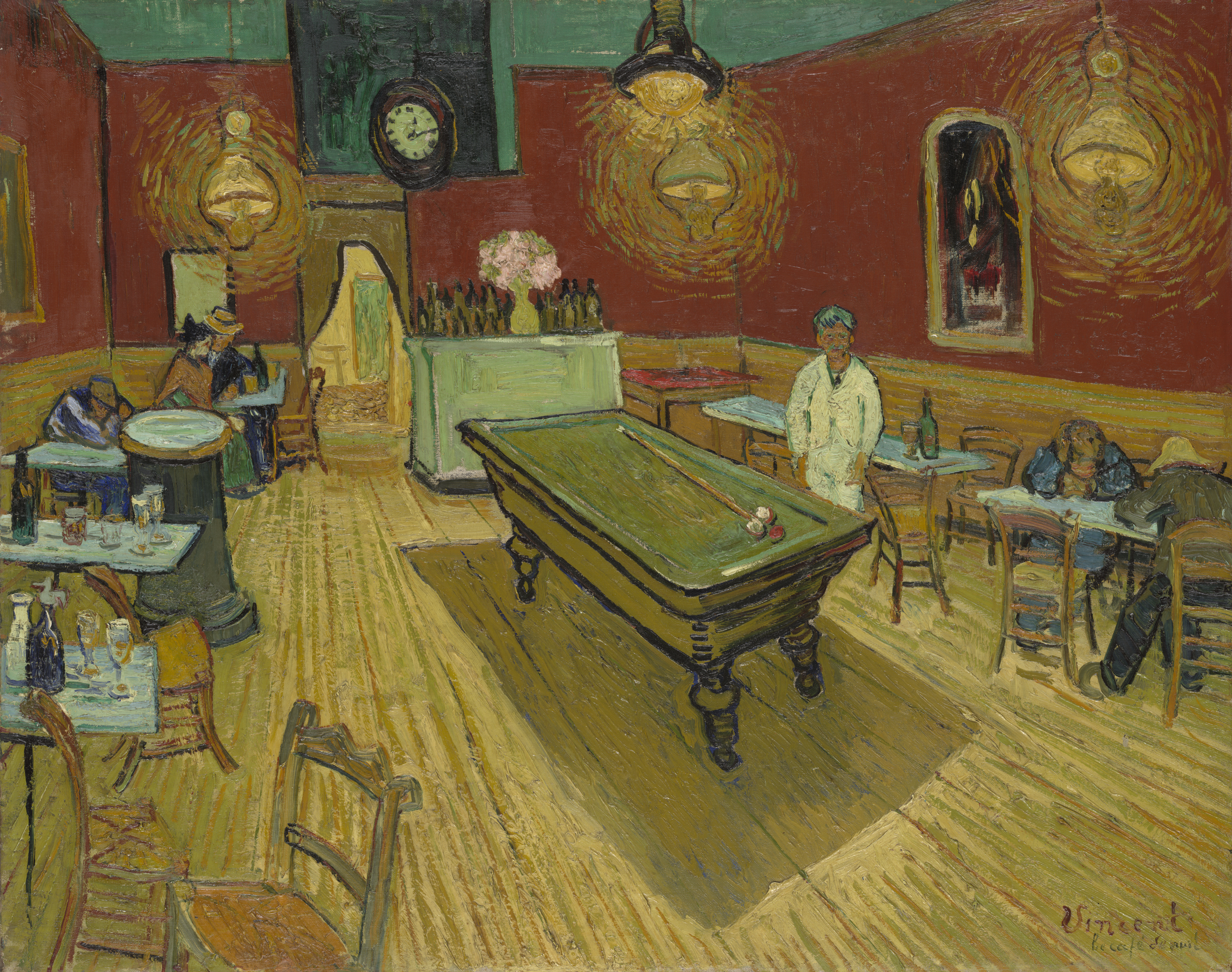Goya is often noted for what is claimed to be his subtle yet savagely satirical portraits of the high and mighty of the Spanish court, debated as this proposition is, but I believe the most glorious putdown within this field of painting is the following by Ingres of Napoleon, though I'm sure Ingres would be appalled at the suggestion that his image is anything but a great portrait revealing the all-conquering greatness of a very great man. Who does this man, Napoleon, in the deepest sense think he is? Certainly not the ridiculous, self-adoring figure he appears now, once removed from the abstractions of public imagining. And this is what begins to make this painting so interesting not so much psychologically as pneumatologically. Napoleon the individual fades into unimportance here. Rather the painting serves as a perhaps uniquely perfect portrait of the ego in the state of its greatest triumph. And Ingres for his guileless faithfulness, ennobling to sitter and painter, is perfect for the task at hand. He is as much a believer in the glory at hand as Napoleon.

And to admit the help of DH Lawrence from his essay,
Within the Sepulchre, where he elaborates on what he calls "the false I which thinks itself supreme and infinite."
"It believes itself to have filled up the whole of the universe... It is tremendously conceited. It assumes it has reached the limit of all space and all being. It concludes that its self is fulfilled, that all consummation is achieved."
This ego, in the form of helpful little Napoleon, is the very opposite of humility. He is the most powerful man in Europe; king of the egos. But the ego is never secure. It has conquered all, and yet requires public recognition of its achievements. It cannot sit content in its own naked space, is not sufficient unto itself, and this naked space of silence is to be avoided at all cost, for here is where this ego no longer exists. Thus incidentally the emphasis on reason by the self-imagined acolytes of the materialistic universe. In 'reason' or rather language lies the continued existence of the ego-self. It is the air the ego breathes. When the layers of thought are stripped to their core, the regality of the West is found to be materialism. But this is not quite the final essence, and materialism is the clothing of the frightened, envious ego, in a state of self-sustained artificiality.
Thus the ridiculous regalia which surrounds Napoleon's physical self. King of the antheap, but remove the antheap and it is nothing. A comical, pathetic figure.




